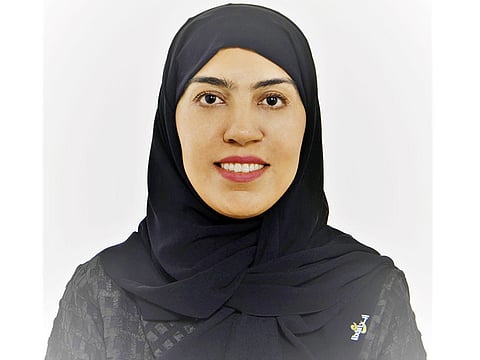Why cervical cancer screening is a must
Pap smear tests alone can help reduce the incidence of the second most common cancer by up to 80 per cent

Dubai: Let me begin with the good news: Cervical cancer is now the most preventable female cancer. Indeed, 93 per cent of cases can be prevented if detected early through regular screening and HPV vaccination. So I have one simple message for you: Please speak to all the women in your life and encourage them to be screened for cervical cancer.
It is now a well-known fact that an infection with the Human Papillomavirus (HPV) is the cause of cervical cancer in 99 per cent of cases. Cervical cancer is a slow progression cancer, with up to a 10-12 year gap from the time of HPV infection to the development of the disease. Therefore, early detection of the HPV infection plays a central role in decreasing the mortality and morbidity of the disease.
Cervical cancer is the second most frequent cancer for females in the UAE, and the seventh highest cause of female deaths in the UAE. Ongoing efforts are required to encourage greater numbers of women to schedule regular gynecological check-ups. All healthcare providers should follow the UAE Ministry of Health and Prevention (MOHAP) and the Department of Health Abu Dhabi Guidelines for Cervical Cancer Screening. The guidelines recommend that all females ages 25 to 65 undergo a papanicolaou test (also known as pap smear test) every three to five years, and all females aged 15 to 26 years receive an HPV vaccine. A pap smear is a simple, quick and painless test performed during a general gynecological examination. The doctor collects a sample of cells from the cervix and sends it to a laboratory for screening. This test on its own can reduce cervical cancer incidence by 80 per cent.
The health authorities in the UAE, under the National Cervical Cancer Screening Programme are investing in various initiatives focused on increasing awareness of the importance of screening. Studies conducted in the UAE identified several barriers to screening uptake including embarrassment, fear of the testing process and stress related to receiving the test results. Healthcare professionals should address the myths about the screening process and concerns patients have.
- The writer is consultant anatomic pathologist, National Reference Laboratory, UAE, adjunct assistant professor, College of Medicine and Health Science, UAE University and, member of the National Taskforce for Breast Cancer and Cervical Cancer Screening, Health Authority Abu Dhabi
Sign up for the Daily Briefing
Get the latest news and updates straight to your inbox

